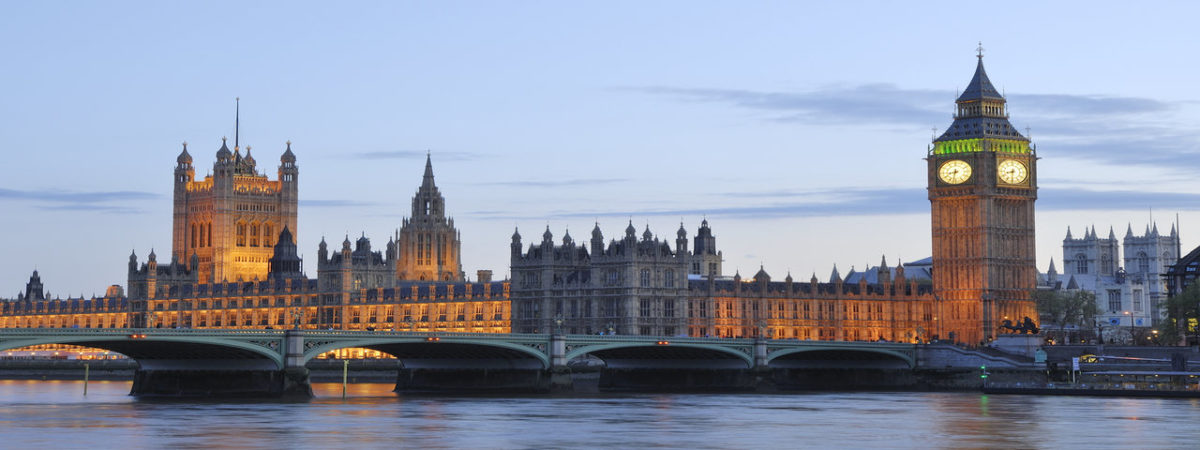The High-Speed Gravy Train: Special Interests, Transport Policy and Government Spending
SUGGESTED

Harm reduction is a better strategy than prohibition

New research argues 'evidence-based’ policymaking is based on poor science

Full cost of HS2 may reach £80bn
- The decision to build High Speed 2 is not justified by an analysis of the costs and benefits of the scheme. Even the government’s own figures suggest that HS2 represents poor value for money compared with alternative investments in transport infrastructure.
- Ministers appear to have disregarded the economic evidence and have chosen to proceed with the project for political reasons. An analysis of the incentives facing transport policymakers provides plausible explanations for their tendency to favour a low-return, high-risk project over high-return, low-risk alternatives.
- A group of powerful special interests appears to have had a disproportionate influence on the government’s decision to build HS2. The high-speed-rail lobby includes engineering firms likely to receive contracts to build the infrastructure and trains for HS2, as well as senior officials of the local authorities and transport bureaucracies that expect to benefit from the new line.
- An effective lobbying campaign in favour of HS2 was initiated and funded by concentrated interests expecting to make economic gains from the project. This effort appears to have been effective at marshalling support for the scheme among policymakers.
- ‘Vote buying’ incentives were also important in building political support for a high-speed line. The policy was initially adopted partly as a response to local opposition to Heathrow expansion.
- The main losers from HS2 – the taxpayers in every part of the UK who will be forced to fund it – are highly dispersed, and therefore have weak incentives to actively oppose it. By contrast, members of communities along the route, where losses are concentrated, have had very strong incentives to campaign. This pattern of activity has enabled the debate to be misleadingly framed in the media in terms of local objections versus national economic benefits.
- Policymakers have strong incentives to ‘buy off’ opposition along the route at the expense of taxpayers, for example by increasing the amount of tunnelling or diverting the line. The large scale of HS2, its high political salience and its potential electoral importance, increase the risk that budgets will be expanded.
- Local authorities, transport bureaucracies and business groups are already lobbying central government to fund new infrastructure along the route, with several schemes already identified. HS2 will trigger billions of pounds of additional expenditure on commercially loss-making, taxpayer-funded projects.
- Along with design changes to ‘buy off’ opposition and subsidised regeneration projects, these proposals threaten to push total spending far beyond the basic budget. £80 billion plus is a plausible estimate of the overall cost, if these extras and the trains are included.
- In addition to the direct costs, there will be even larger opportunity costs from the misallocation of transport investment. Institutional reform is needed to reduce the malign influence of rent-seeking special interests on transport policy. New infrastructure could then be provided on a more economically rational basis.
Download the press release here.
The report was featured on BBC News, Sky News, ITV News, Channel 4 News, Channel 5 News, BBC Radio 5 Live, and over 60 regional radio stations. The report was also on the front page of The Sunday Telegraph, and was featured in The Daily Mail, The Mail on Sunday, The Financial Times, The Independent, The Guardian, The Yorkshire Post, City AM, The Evening Standard, Public Service Europe, The Times, and The Daily Express.
Current Controversies 46, 2013.




